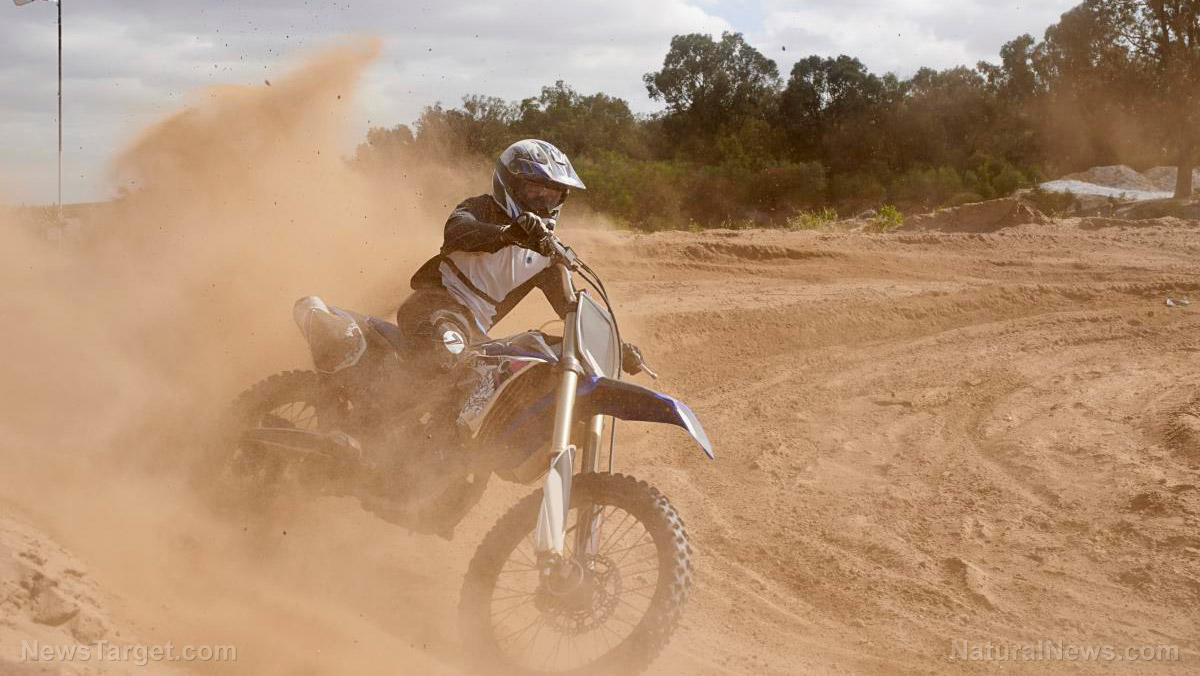
Energy is an important factor for economic growth and maintaining the quality of life. People all over the world rely on energy to do daily tasks – it can be as simple as doing the laundry or as complex as doing differential calculations with a computer.
Approximately 40 percent of the world’s energy comes from oil and most of it goes to transportation. While oil is abundant, it is not a sustainable source of energy. Its prices are dependent on the political climate of major oil-producing countries, such as the U.S. and the U.A.E. The U.S. comprises about 4.5 percent of the world’s population and consumes 24 percent of the world’s oil production per year. In addition, more than half of the consumption is imported.
Unlike internal combustion engines, battery electric vehicles (BEV) do not consume gasoline or produce tailpipe carbon emissions, which are harmful gases that are produced during the combustion of petroleum. Instead, BEVs use electricity stored in a battery to run an electric motor. When the battery is drained, it is recharged using grid electricity through a wall socket or a dedicated charging unit. (Related: Electric cars just as dirty as petroleum-powered vehicles? New study sheds light on 'zero emissions' fraud.)
Harley-Davidson introduces LiveWire and 2 new e-bike concepts
During this year’s Consumer Electric Show, Harley-Davidson unveiled two new e-bike concepts, together with the first halo model electric motorcycle called LiveWire. They brought these bikes to the Winter X Games Aspen 2019 so folks at the event could try them out.
LiveWire is electrically powered, and it does not have a clutch, so there is no need to shift gears – thereby making it easier for new motorcycle riders to operate. The electric motorcycle can reach zero to 60 in under 3.5 seconds and can travel up to 110 city miles on a single charge. However, no data is available yet as to what kind of highway mileage it gets.
One of the concept vehicles looks like a regular motorcycle, and just like LiveWire, it does not have a clutch; thus making it easier to use. No more shifting gears during short commutes.
The second concept was introduced as a dirt bike but is technically not a dirt bike. Instead, it is much more of an electric mountain bike. While it doesn’t perform like Alta Motors dirt bikes, it seems to handle like a lightweight and nimble off-roader.
The concept bike's battery is removable by hand, which makes it easy to charge using a standard power outlet. And since it looks just like a regular bike, you would not need a motorcycle license to use it around the city.
Harley-Davidson still thinks about their long-standing customers while attracting new ones in conceptualizing new vehicles. The company hopes that with the introduction of these vehicles, people who might have been previously intimidated by the licensing barrier would buy and use a Harley-Davidson electric bike.
The company also has plans to produce four more lightweight, two-wheeled electric vehicles, following the release of their LiveWire electric motorcycle.
Electric vehicles are said to be the future. They offer instant torque and smoother acceleration compared to conventional cars. BEVs emit fewer greenhouse gases and use stored energy efficiently, among other features.
However, there is something to be said about how the batteries in BEVs are made. Heavy metals are used to manufacture the battery packs that power BEVs. Heavy metals are known to pollute the environment and cause adverse health effects in humans.
If researchers and manufacturers can find a way to produce battery packs without using heavy metals, and consumers can charge these BEVs using a renewable source of energy, then there may be some promise in the new entries of the electric mountain bike product lines seen in the market. For now, it remains to be seen if the new e-bike concepts from Harley-Davidson are worth giving a shot.
Read more information about advancements in electric car technology in Robocars.news.
Sources include:
Please contact us for more information.














